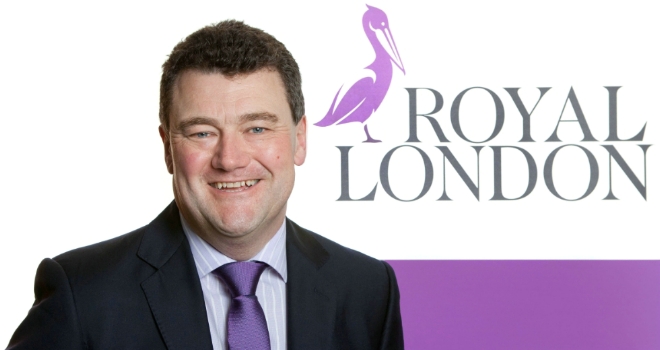
"Operating profit has also showed strong growth despite operating in a low interest rate environment which tends to depress the profitability of insurance products."
In its full year results, Royal London reports intermediary protection growth of 29% to £647m and a 17% rise in individual pensions and drawdown sales to £3,778m.
Consumer sales rose by 82% to £301m in 2016, making a profit for the first time.
Royal London's group EEV operating profit before tax increased by 16% to £282m, assisted by strong new business profit of £223m (an increase of 63%).
Funds under management increased by 18% to £100bn.
The Board also announced that it will increase ProfitShare (after tax) from £70m in 2015 to £114m in 2016, meaning that more than 700,000 members with unit-linked pension policies will receive their first ProfitShare allocation.
Phil Loney, Group Chief Executive of Royal London, said: “These results reflect the continued excellent progress of Royal London in 2016, performing well despite the backdrop of a turbulent year in politics and markets.
“Royal London’s operating profit has also showed strong growth despite operating in a low interest rate environment which tends to depress the profitability of insurance products.
“This performance has translated into a 63% increase in the ProfitShare for 2016, to £114m enabling us to allocate a healthy ProfitShare to our with-profits members (a 1.4% addition to asset share) and to deliver on our commitment to start allocating ProfitShare to pension members.
“For quarter of a million Royal London pension savers the allocation of ProfitShare will effectively wipe more than a third off their annual management charges. This is a helpful boost to growth for Royal London customers but it remains the case that, across the whole of the workplace pensions market, contributions to pensions are too low. Automatic Enrolment has been an undoubted policy success but there is no coherent plan to increase contributions to levels that will produce an adequate income when those workers retire.
"The Government has just concluded a review of the detail of its Auto Enrolment policy, but this key issue was ignored. We know that for most people an 8% pension contribution, made by themselves and their employers, falls well short of providing an adequate level of income in retirement. It is time for Government to bite the bullet and adopt a clear policy about saving at realistic levels beyond 8%. Doing so would help to secure an appropriate level of income in retirement for generations of pensions savers.”
